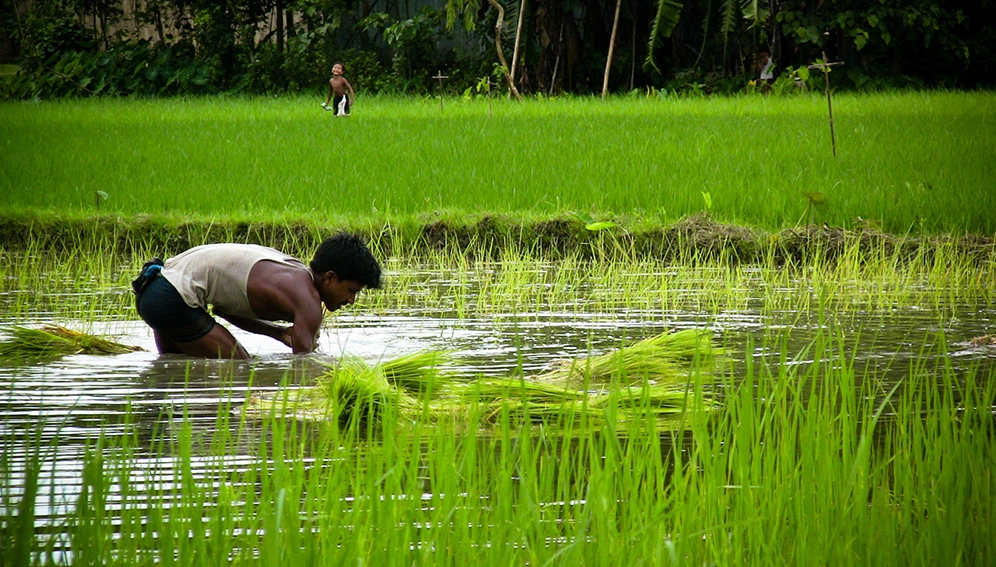Bangladesh has consistently ranked among the top ten nations most impacted by climate change due to its long coastline and low-lying river delta.
Due to the fact that two-thirds of the nation is below sea level, it is extremely vulnerable to landslides, floods, cyclones, hurricanes, and other severe weather events.
As the consequences of global warming intensify, they expose crops’ susceptibility to harsh weather and represent an increasing threat to Bangladeshis’ security of food and nutrition—nearly 40% of whom, according to the International Labour Organization, are employed in agriculture.
Nuclear science and technology offer the means to improve the productivity of agriculture while also increasing its resilience to climate change.
Read also: Lagos requires $8 billion to build a climate-resilient city– Governor
Through a nuclear technique known as plant mutation breeding, Bangladeshi specialists have developed improved varieties of crops, including rice, chickpea, mung bean, lentil and soybean.
“Natural hazards that come from the increased rainfall, rising sea levels and tropical cyclones are expected to increase as the climate changes, seriously affecting agriculture, water and food security,” said Mohammad Abul Kalam Azad from the Bangladesh Institute of Nuclear Agriculture (BINA).
“Using plant mutation breeding, we can produce crop varieties that are more resistant to drought, salinity, high and low temperatures, plant diseases and pests, and offer higher yields with shorter growing times.”
BINA has successfully produced a total of 85 types of different crops, including an improved variety of rice called Binadhan-14, developed in record time.
While it typically takes 8 to 12 years to produce a new variety, the Bangladeshi experts completed the task within just 4 years.
Binadhan-14 was developed through an innovative technique in which experts used an ion beam rather than gamma rays or X-rays, as is usually the case.
Story was adapted from IAEA.
